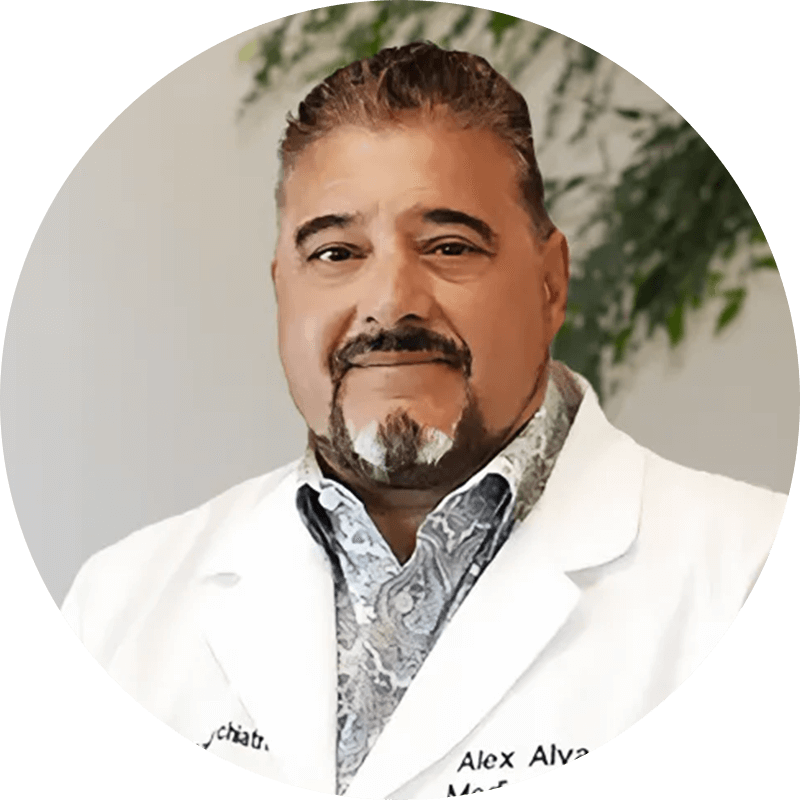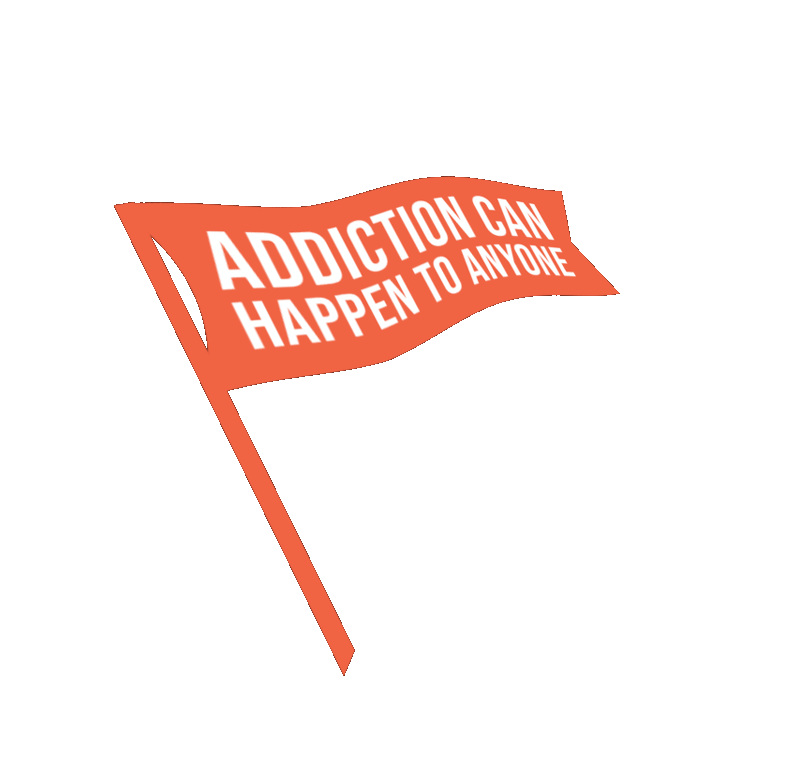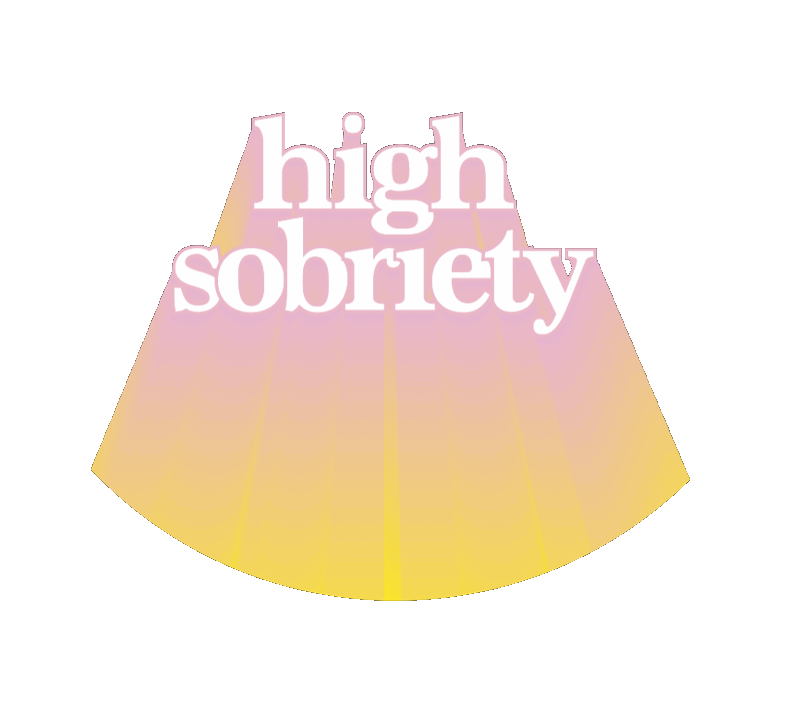Substance Use Prevention Month lifts up the national conversation and highlights prevention’s positive impacts in our local communities and beyond. To honor Substance Use Prevention Month, download these free GIFS to use in texts and media channels to spread awareness and encourage prevention and treatment.
Why is prevention important?
Prevention aims to stop the onset of substance use, prevent the progression to a substance use disorder, and reduce the harms linked to substance use. Some approaches to prevention include educating children and teens about the dangers of substance abuse, improving access to mental health care, and working to build a supportive community.
During October, schools, parents, local organizations, and rehabilitation clinics like Touchstone Recovery Center join forces to educate and support individuals at risk. By providing access to information, discussing the effects of substance abuse, and explaining common risk factors for substance use disorder, we can empower people to make better choices.
Inspiring action involves each and every one of us to create opportunities for everyone to be as healthy as possible. At Touchstone Recovery Center, we:
- Show how prevention and treatment are alive in our communities. We show up with our partners, like The Source, at events to share resources and spread awareness.
- Are equipped with the right tools and expert advice to talk to family and loved ones about substances and addiction.
- Destigmatize. Addiction can happen to anyone; substance use disorder (SUD) is a treatable, chronic condition that can impact individuals across all races, genders, income levels, and social classes. There isn’t a single cause of SUD; some may use substances to cope with stress and trauma, while others may develop a disorder after using prescribed opioids. Over time, drug use can alter brain chemistry, leading to intense cravings and continued use. The stigma associated with addiction can create shame for patients and families, making it harder to seek help. By encouraging open discussions about addiction and affirming that it’s normal to struggle with substance use, we aim to reduce stigma and break down the taboo that makes this topic difficult to broach.
Touchstone Recovery Center
What causes addiction?
While anyone can develop a substance use disorder, there are a few risk factors that could make someone more likely to struggle with substance use. These include:
- Mental health: A person dealing with a mental health disorder like anxiety, depression, bipolar disorder, attention-deficit hyperactivity disorder (ADHD), or post-traumatic stress disorder (PTSD) might use drugs or alcohol as an unhealthy coping mechanism, leading to dependence and addiction. Even if someone hasn’t been diagnosed with one of these conditions, experiencing trauma due to violence, abuse, and other harmful events can also lead to substance use.
- Family history: You aren’t guaranteed to develop an addiction just because someone in your family has struggled with one. However, genes do play a role, and you may be more likely to experience substance use disorder if a close relative does too.
- Chronic pain: Someone who is prescribed medication for ongoing pain, like Oxycontin, may develop a dependence that leads to increasingly risky drug use. Once someone has built up a tolerance to their prescribed dose, they may turn to illegal street drugs to manage their pain and growing addiction.
- Social relationships: A supportive community can help prevent substance use by offering safer ways for people to cope with hardships. On the other hand, spending time with friends who use substances can make someone more likely to get hooked. Challenging family and relationship dynamics can also increase someone’s chances of addiction. A family’s role in addiction is crucial: their support can be instrumental in recovery, while enablers or toxic family members can make healing more difficult.
Once someone starts repeatedly using drugs or alcohol, these addictive substances can physically change the brain. Over time, more and more of the drug is needed to feel high, and the brain doesn’t produce as many “happy chemicals”, like dopamine, on its own. This leads to unpleasant comedown and withdrawal symptoms, cravings, and difficulty focusing on anything other than getting more of the drug.
The good news is, recovery can rewire your brain, too. Unlike any other organ in your body, the brain is designed to transform itself. Neuroplasticity, or the brain’s ability to change, is the reason we’re able to learn and adapt to new things. Just as your brain can be trained to rely on drugs and alcohol, it can also be trained to leave those things behind — and Touchstone Recovery Center is here to help.
Touchstone Recovery Center
Our approach to recovery
The substance use landscape has changed dramatically within the last few years, according to data from the Substance Abuse and Mental Health Services Administration.
At Touchstone Recovery, we’ve kept up with these changing times by introducing the most modern intervention and prevention techniques into our system of care. Addiction is treatable and recovery is possible—for everyone.
Whether you would benefit most from the structured environment of residential treatment, an outpatient program that works with your schedule, or something in between like our partial hospitalization program, Touchstone Recovery Center is here to help. Our evidence-based therapies are designed to address not only your addiction, but also the underlying causes—by helping you learn to manage mental health disorders like anxiety and depression and providing family support to help you rebuild your relationships.
- Recovery emerges from hope.
- Recovery is person-driven.
- Recovery occurs via many pathways.
- Recovery is holistic.
- Recovery is supported by peers and allies.
- Recovery is supported through relationships and social networks.
- Recovery is culturally based and influenced.
- Recovery is supported by addressing trauma.
- Recovery involves individual, family, and community strengths and responsibility.
- Recovery is based on respect.
SAMHSA’S 10 Guiding Principles of Recovery
If you or someone you love is struggling, call us today at 559-298-6711.
Touchstone Recovery Center
Prevention Resources
Mental Health
- The Fresno County Department of Behavioral Health offers mental health and substance use resources.
- FindTreatment.gov is an anonymous service that helps connect people with local treatment options for mental health and substance use disorders.
- The California Department of Health Care Services has peer support services for behavioral health in Fresno County and can also assist with Medi-Cal enrollment, accessing health care, and re-entering the workforce.
Youth Programs
- SAMHSA’s national “Talk. They Hear You” campaign provides resources to help parents, caregivers, teachers, and community members prevent teen substance use.
- The California Department of Health Care Services offers programs for children’s and youth’s mental health.
- Get Smart About Drugs helps parents raise children who understand the dangers of substance use.











